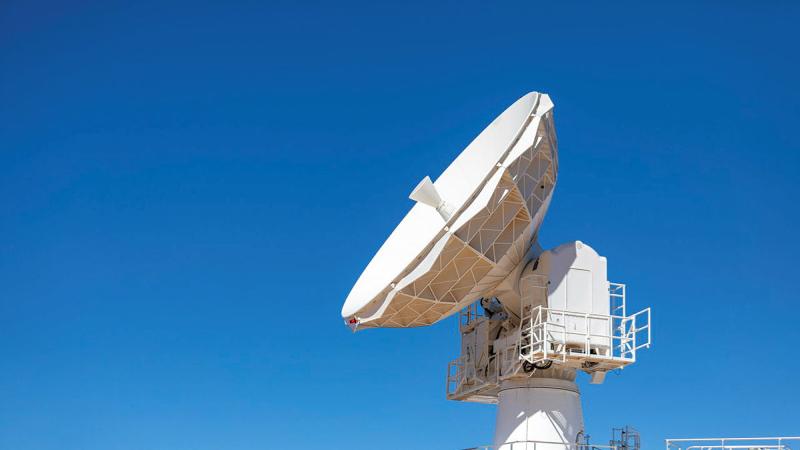The University of Tasmania has risen to number two in the world in the prestigious Times Higher Education Impact Rankings released today.
The rankings assess universities for their impact on society and the environment against the United Nations’ Sustainable Development Goals. Rankings are based on universities’ research, teaching, stewardship and outreach.
The University has been climbing the global rankings in recent years as a result of its clear strategy to make a difference for society and the environment, rising from 76th in 2021, through 25th in 2022 and 5th last year, to 2nd this year.
More than 2150 universities from 125 countries were assessed for the 2024 rankings with the University of Tasmania ranked in the top 10 across multiple Sustainable Development Goals.
For the third year in a row, the University of Tasmania was number one in the world for climate action, and also:
- Second in the world for life on land
- Fifth in the world for life below water
- Ninth in the world for good health and wellbeing
Vice-Chancellor Professor Rufus Black said the outstanding result was thanks to the efforts of staff, students and partners throughout the Tasmanian community who worked to make a difference for the world around them.
“As a university, we want to make the world a better place – making a difference for Tasmania and from Tasmania is central to our mission,” Professor Black said.
“The challenges we face in responding to our climate emergency and creating a more equitable society can only be met through collective, sustained effort. We must pull on every lever available to us and embed sustainability in everything that we do.
“We are proud to be a university, and a state, recognised as a global leader in working towards a sustainable, equal and just world.”

The Times Higher Education Impact Rankings is the only system that evaluates the impact universities have on local and global communities, using the 17 Sustainable Development Goals adopted by all UN member states in 2015.
Chief Sustainability Officer Corey Peterson said the University was deeply committed to having a positive impact on sustainability through its teaching, research, operations and partnerships.
“We have never set our sights on the near and small, but on the need for Tasmania’s university to live up to our community’s expectations and our desire to be a transformative leader,” Mr Peterson said.
“The results in these rankings validate our efforts while galvanising us to continue to lead. Universities around the world now see us as one of the global leaders in sustainability at a time when that really matters.”

The University has been certified carbon neutral since 2016, divested from fossil fuel investments in 2021, preferences investment that helps deliver on the Sustainable Development Goals, has dramatically reduced embodied carbon in new buildings and has committed to reducing gross carbon emissions by a minimum of 50 per cent by 2030 on our 2015 baseline.
Publications in highly ranked academic journals are critical to the rankings. Academic publications from more than 550 University of Tasmania staff and PhD candidates contributed to the overall second ranking, and publications from more than 140 people contributed to the number one ranking for Climate Action.








